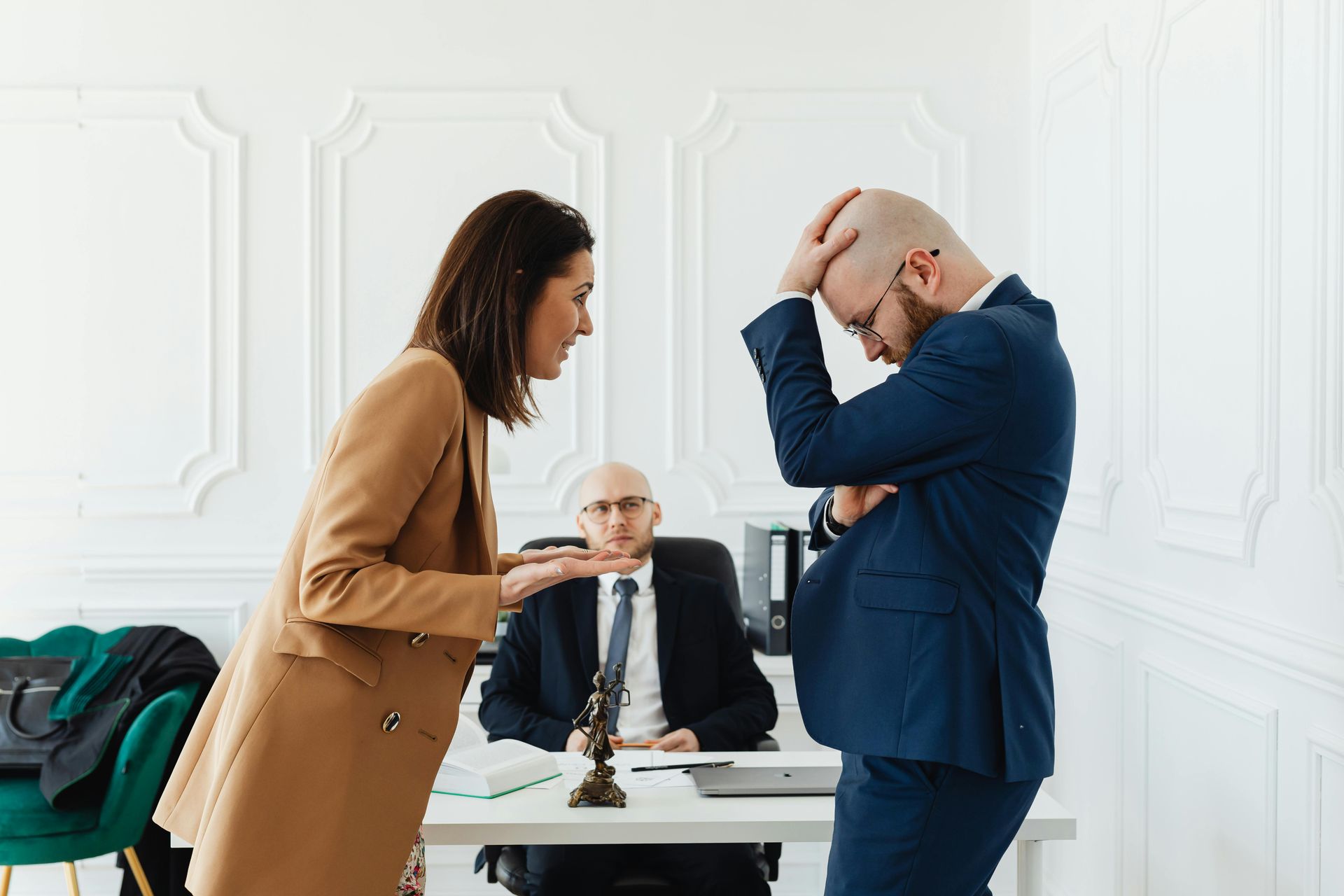Grounds For Divorce In Texas
In Texas, divorce law allows for no-fault divorce, which means neither party needs to provide evidence that the other party is at fault.
UNDERSTANDING THE DIVORCE PROCESS
What Grounds Does One Have To File For Divorce In Texas?
In Texas, most divorces are considered a no-fault divorce, meaning that the court doesn’t find either party responsible for the separation. In other words, a judge will grant a divorce without any wrongdoings. So, if your spouse wants to file for divorce, and you don’t, there is not much you can do to stop the process from happening. The best thing you can do is hire an attorney to help protect your rights and ensure that the outcome is in your favor. However, in some cases, Texas does recognize certain grounds for divorce.
Irreconcilable Differences
This is the most common reason for couples to get divorced. This would fall under the no-fault divorce mentioned above. Couples typically choose to file for divorce simply because they do not wish to be married anymore or the relationship is not reconcilable.
Living Apart
If a couple has lived apart for at least three years, they can file under the grounds for living apart. The court views this option as a mutual agreement because both parties have chosen to remain apart for an extended period of time.
Confinement To A Mental Hospital
If a spouse has become mentally incompetent due to a mental illness or an accident, the other spouse is able to file for divorce under these grounds. The confinement to a mental hospital must occur for a minimum of three years to qualify for these standards. Also, the courts will verify that the one confined has no chance of improvement due to the severity of their condition.
Cruelty
If there is cruel treatment in the relationship, this is grounds for divorce in Texas. However, the term cruelty is vague and can be open for interpretation. According to the law, cruelty is persistent infliction of suffering, including physical and/or emotional abuse.
Adultery
In Texas, if you can prove that your spouse has committed adultery, you are able to file under these grounds. Adultery could be considered even if your spouse left you for another relationship before the divorce was filed. The courts will then question the just and right division of marital assets while an affair is ongoing.
Felony Conviction
If there is a felony committed, it could be grounds for divorce in Texas. If the spouse is in prison for at least a year, a divorce can be granted. However, If the prosecutors used the other spouse’s testimony to convict, the court might not grant a divorce under these grounds.
Abandonment
In order to be granted a divorce under abandonment grounds, the spouse must have voluntarily left and have been gone for at least a year. In addition, it must be proven that the spouse left with the intent to abandon.
Talk To A Dallas County Divorce Attorney Today
The attorneys at Wilson Legal Group have extensive experience representing Texans during a divorce. Our team is ready to meet with you and help protect your assets, rights, and your future. The process of going through a divorce is difficult, but we are here to help and make it easier. Please reach out to our firm for a complimentary consultation to speak to one of our board-certified divorce attorneys.
Need any help?
CLIENT MATTERS
5,000+
YEARS OF SERVICE
25+
Award Winning
Recognized in the legal industry as dedicated board-certified lawyers and Rising Stars.
Expert Team
Your project will be handled by legal experts every time. You will have the most experienced attorneys working for you.











